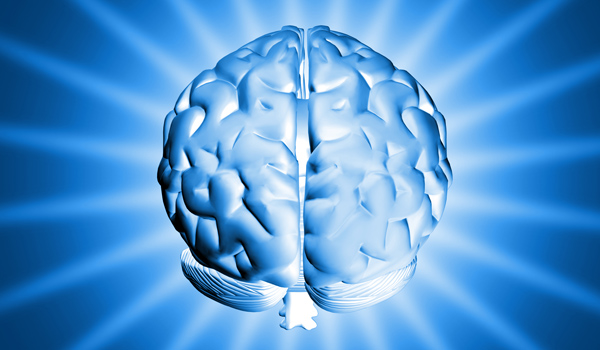Can Young Blood Improve Old Brains?

The blood of young people may hold compounds that benefit the brains of older people with Alzheimer's disease, so scientists are now looking at whether transfusions may help people with the condition.
Research in animals has shown that the blood of the young may counter some of the effects of aging in older brains. For instance, it might help to improve learning and memory, as well as generate new brain cells. Now, the scientists want to see if the benefits hold true in people.
"The possibility that one or many proteins in young human blood can rejuvenate a diversity of organs [including the brain] is a tantalizing one that should spur further research," Tony Wyss-Coray, a professor of neurology at the Stanford University School of Medicine, and colleagues wrote in the Aug. 3 issue of the journal JAMA Neurology.
In experiments, researchers connected the blood vessels of young and old mice, so that two animals shared a blood supply. They found that, following an injury, the older mice saw greater improvements in the repair of muscle and bone compared with older mice not connected to younger mice.
Later experiments showed that older mice that were exposed to young blood saw an increase in the number of new brain cells in a part of the brain linked with memory.
In addition, a 2014 study found that injecting blood plasma from young mice into older mice for three weeks improved their learning and memory. (Plasma is the liquid portion of blood — it is devoid of blood cells, but contains proteins and other molecules.) In the experiments, the older mice that were given young blood were more easily able to find a hidden platform in a water maze, compared with mice given older blood.
Researchers speculated that "messengers" in the blood, such as hormones and growth factors, may be responsible for some of the rejuvenating effects seen in these mouse studies. [8 Tips for Healthy Aging]
Sign up for the Live Science daily newsletter now
Get the world’s most fascinating discoveries delivered straight to your inbox.
Young blood contains more of the compounds that are involved in the repair and maintenance of tissues than older blood does, Wyss-Coray said.
"We think when we treat an old organism … with young blood, we give it a boost of these young messengers, and that this recharges the old brain, and possibly other organs, and makes them function like younger ones again," Wyss-Coray said in a talk at the World Economic Forum in January.
In fact, a protein called CCL11, which is more common in older mice, has been shown to impair memory and brain cell generation when it is given to younger mice. In contrast, a growth factor called GDF11 increases brain cell generation in older mice.
Researchers still have a lot to learn about the effects of young blood, and it's not clear if humans will benefit at all from the treatment.
Still, "with no current treatment for debilitating diseases like Alzheimer disease, and given the relative safety of blood plasma products, an appealing approach may be to supply older patients with young plasma to repair damage wrought by the disease," the researchers wrote in their article, published today.
A study testing blood plasma transfusions in patients with mild to moderate Alzheimer's disease began last year. The participants are receiving transfusions from young blood donors once a week, and will be examined for improvements on several cognitive tests.
Dr. Marc L. Gordon, chief of neurology at Zucker Hillside Hospital in Queens, New York, said the new article "raises some intriguing questions" but that these ideas "need a lot more research to see if they would bear fruit."
First, researchers don't know if the findings in mice will translate to people, Gordon said. And even if factors in blood can help generate new neurons in older brains, this may not have an effect on a person's thinking ability, Gordon added.
There is also a concern that factors that promote cell growth and differentiation could lead to cancer in people, Gordon said, so it will be important to test the safety of the treatment.
Wyss-Coray co-founded a biotechnology company called Alkahest Inc. to conduct trials of young blood on Alzheimer's patients.
Follow Rachael Rettner @RachaelRettner. Follow Live Science @livescience, Facebook & Google+. Original article on Live Science.

Rachael is a Live Science contributor, and was a former channel editor and senior writer for Live Science between 2010 and 2022. She has a master's degree in journalism from New York University's Science, Health and Environmental Reporting Program. She also holds a B.S. in molecular biology and an M.S. in biology from the University of California, San Diego. Her work has appeared in Scienceline, The Washington Post and Scientific American.









